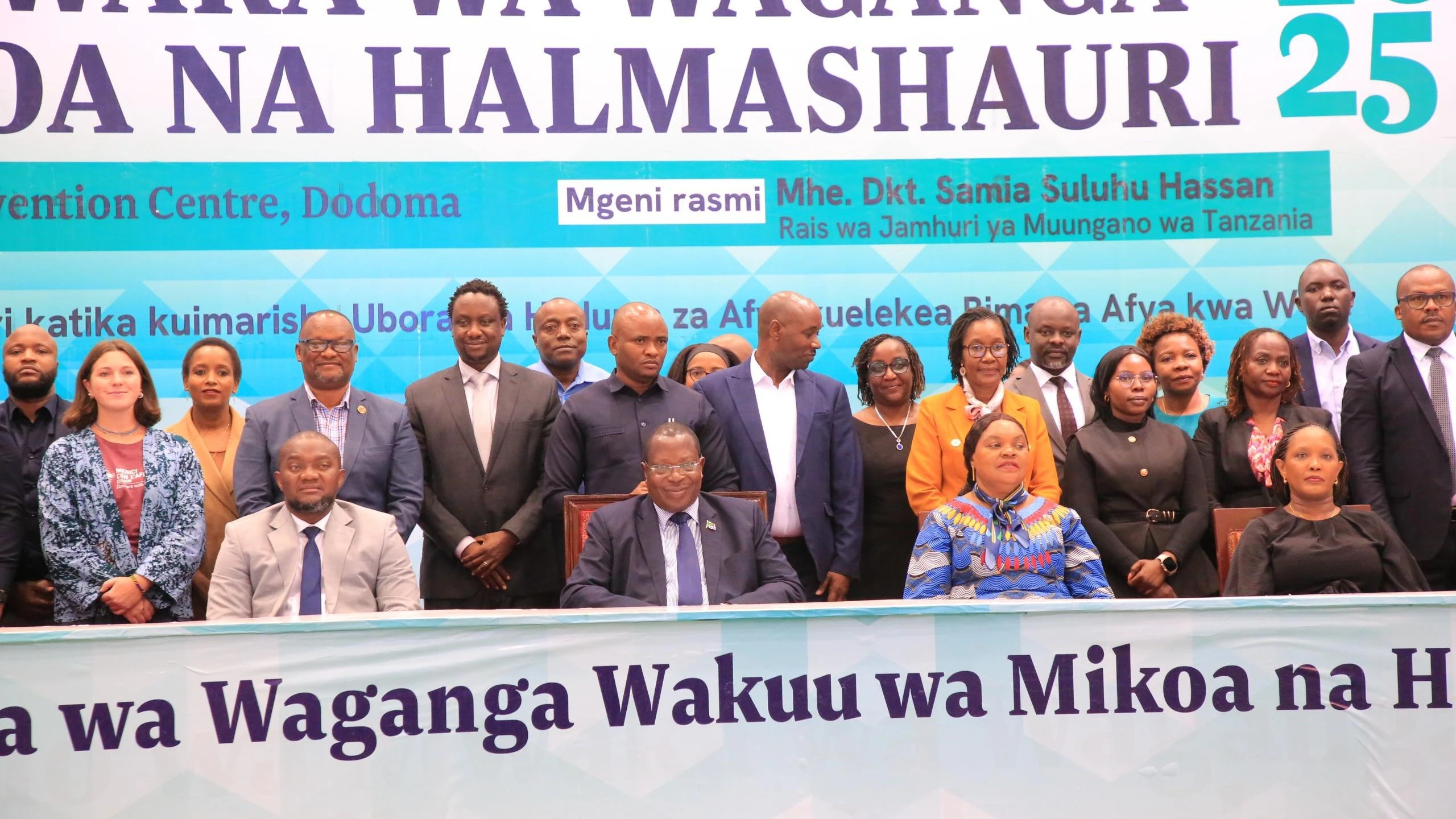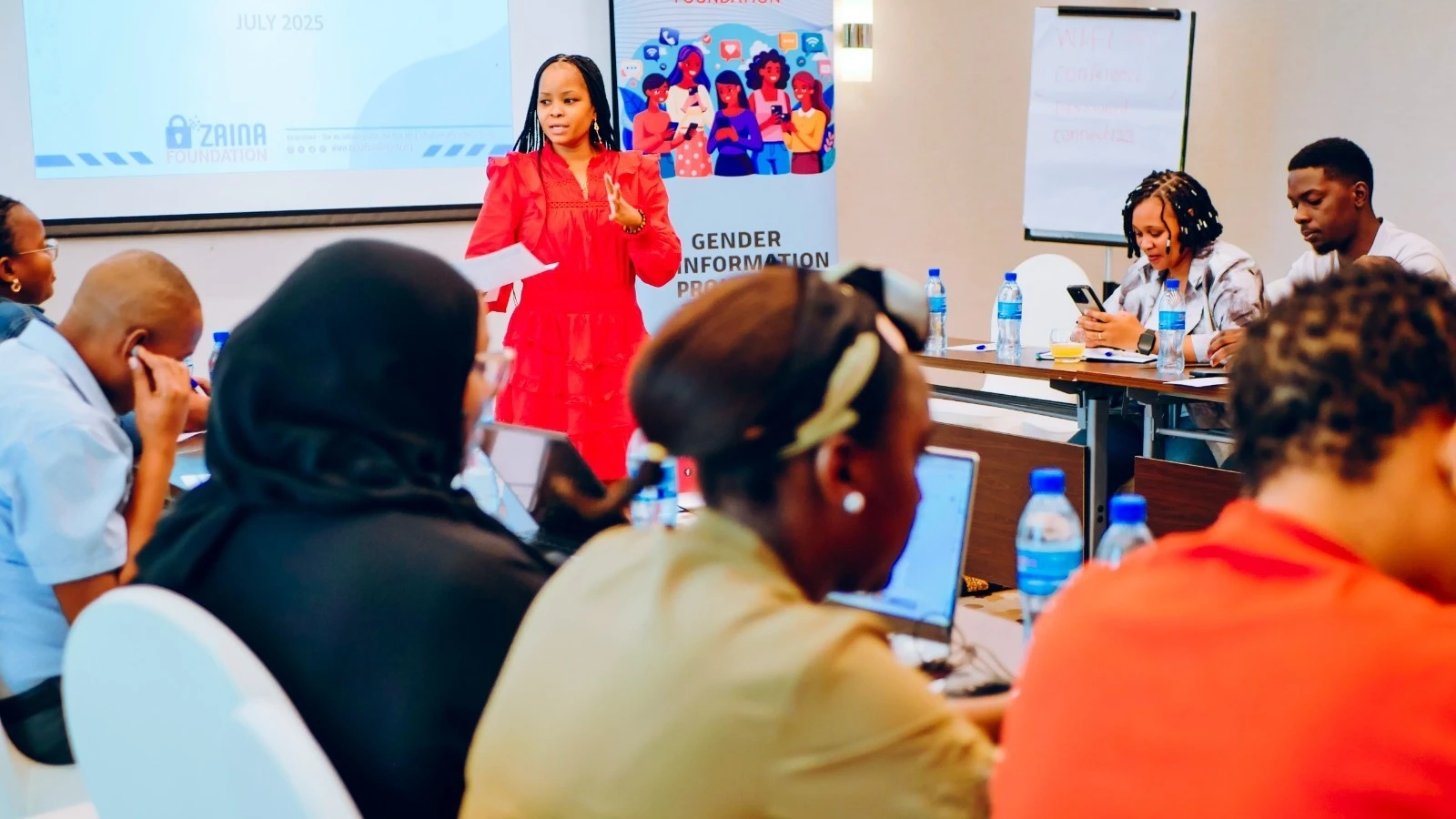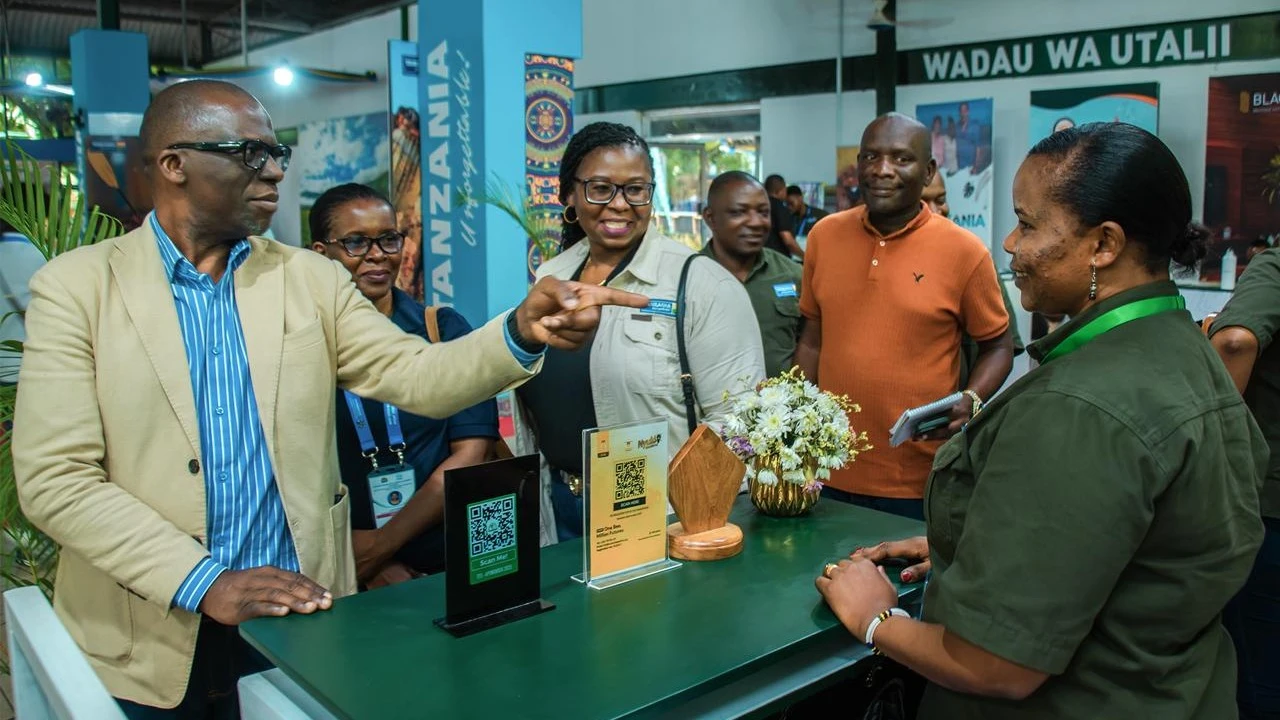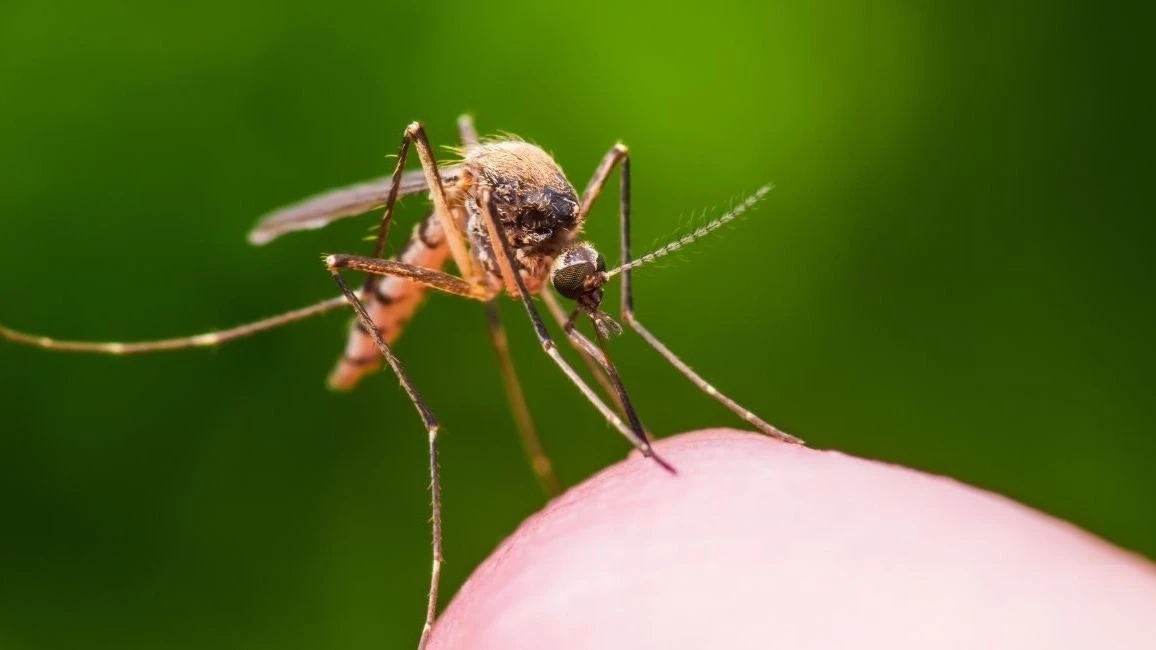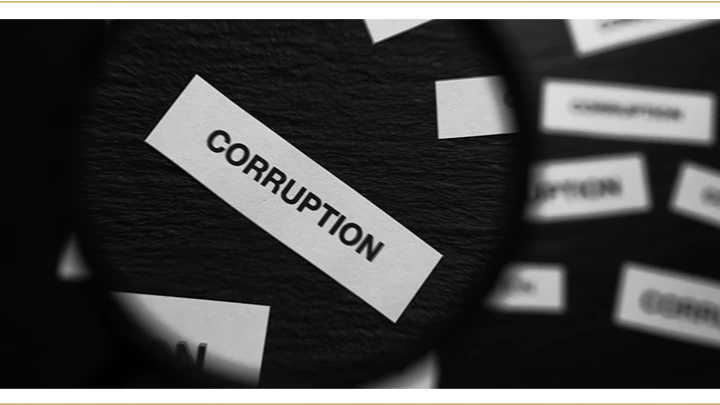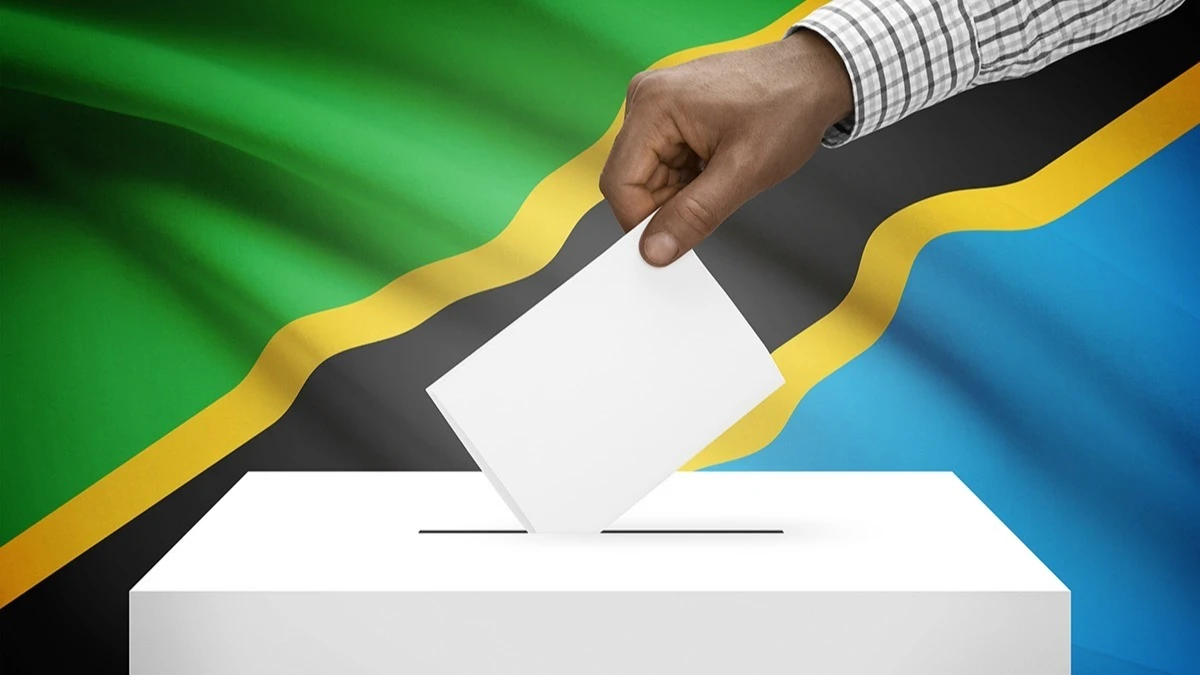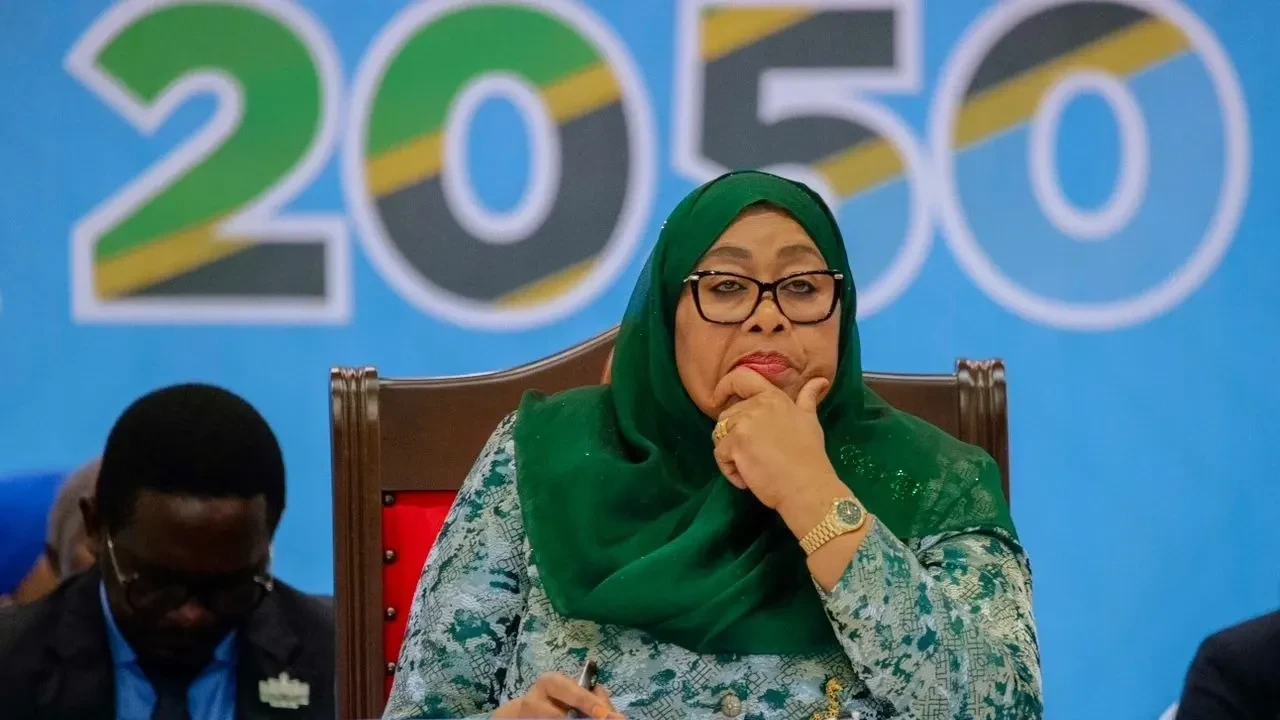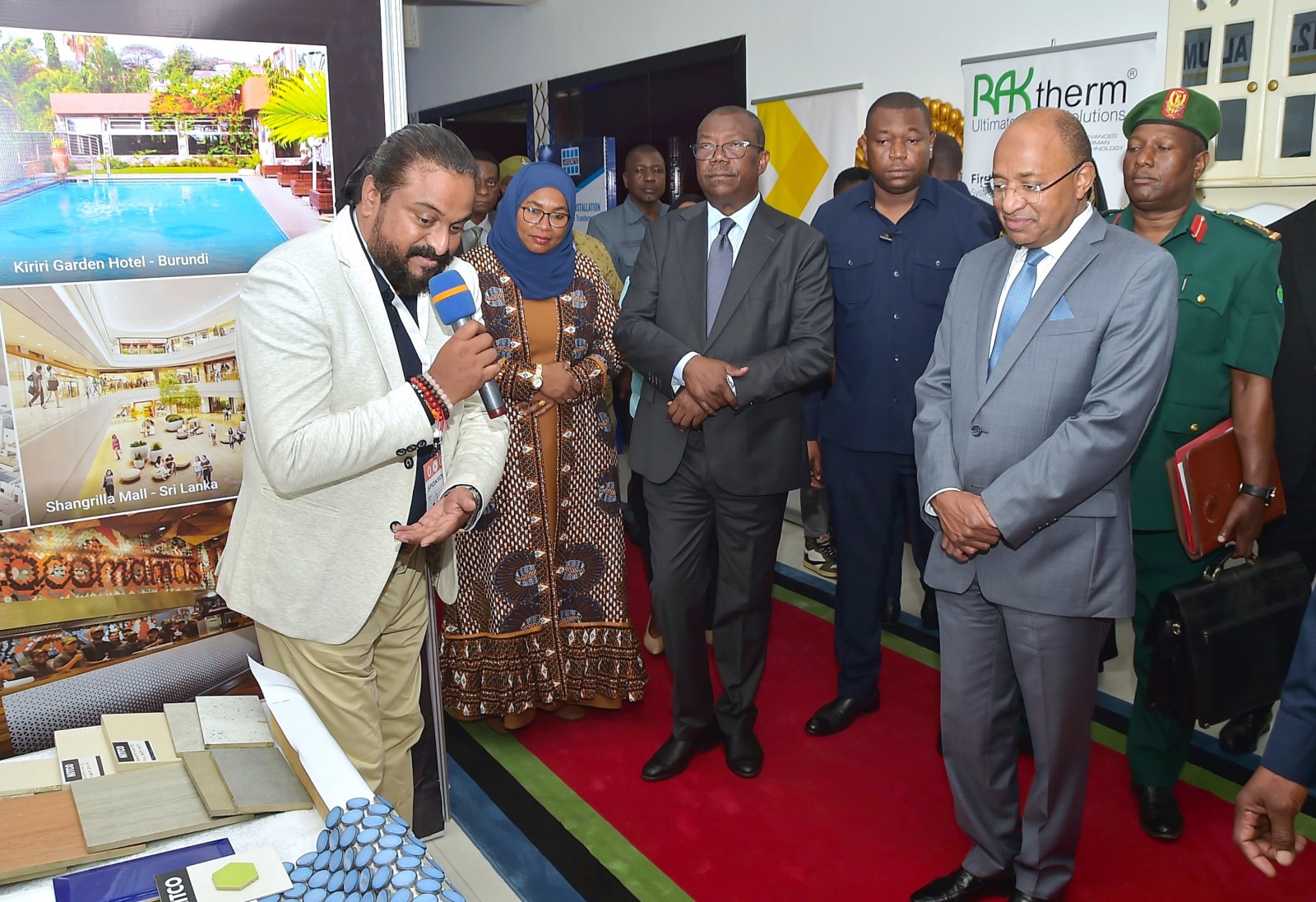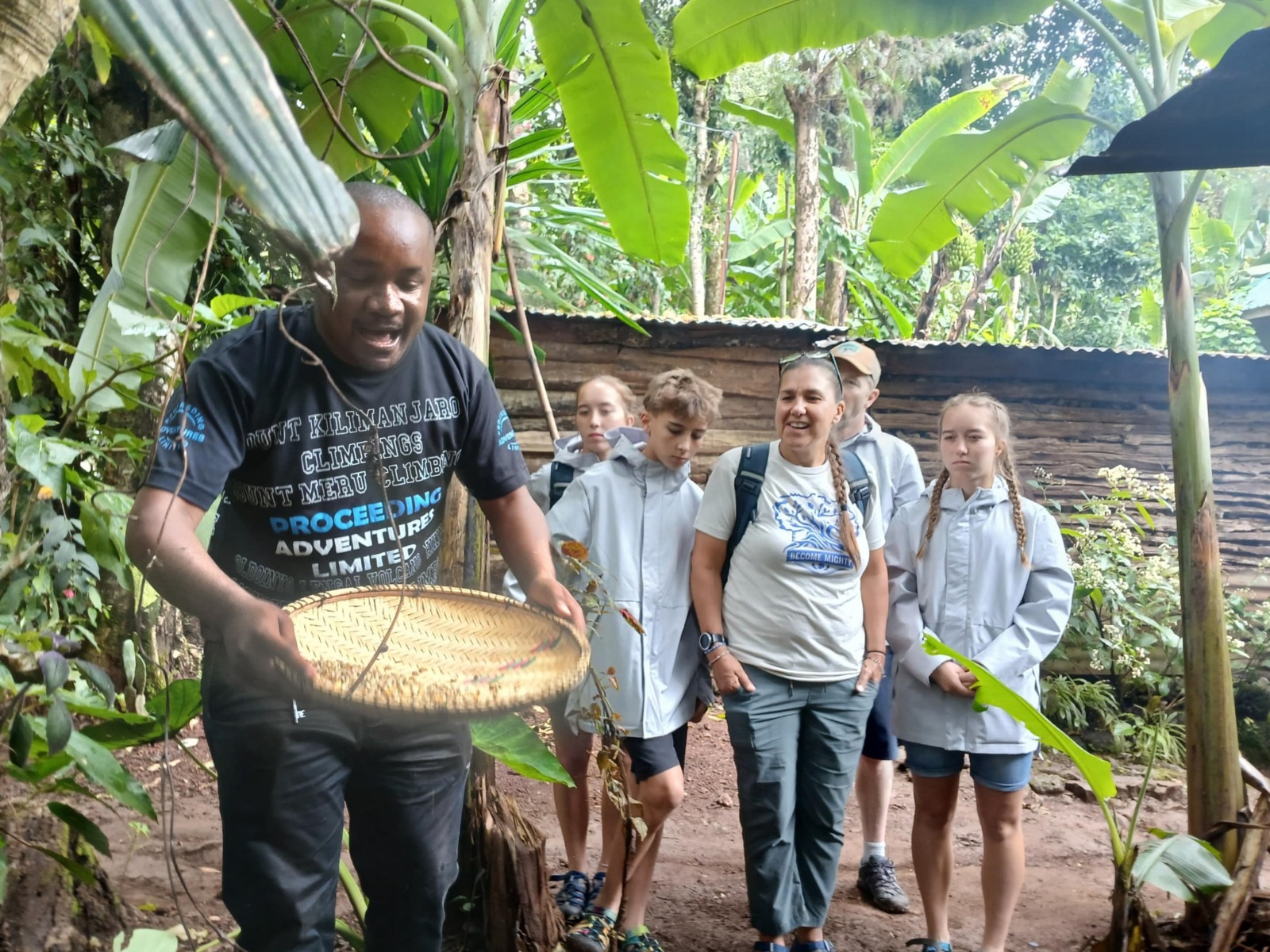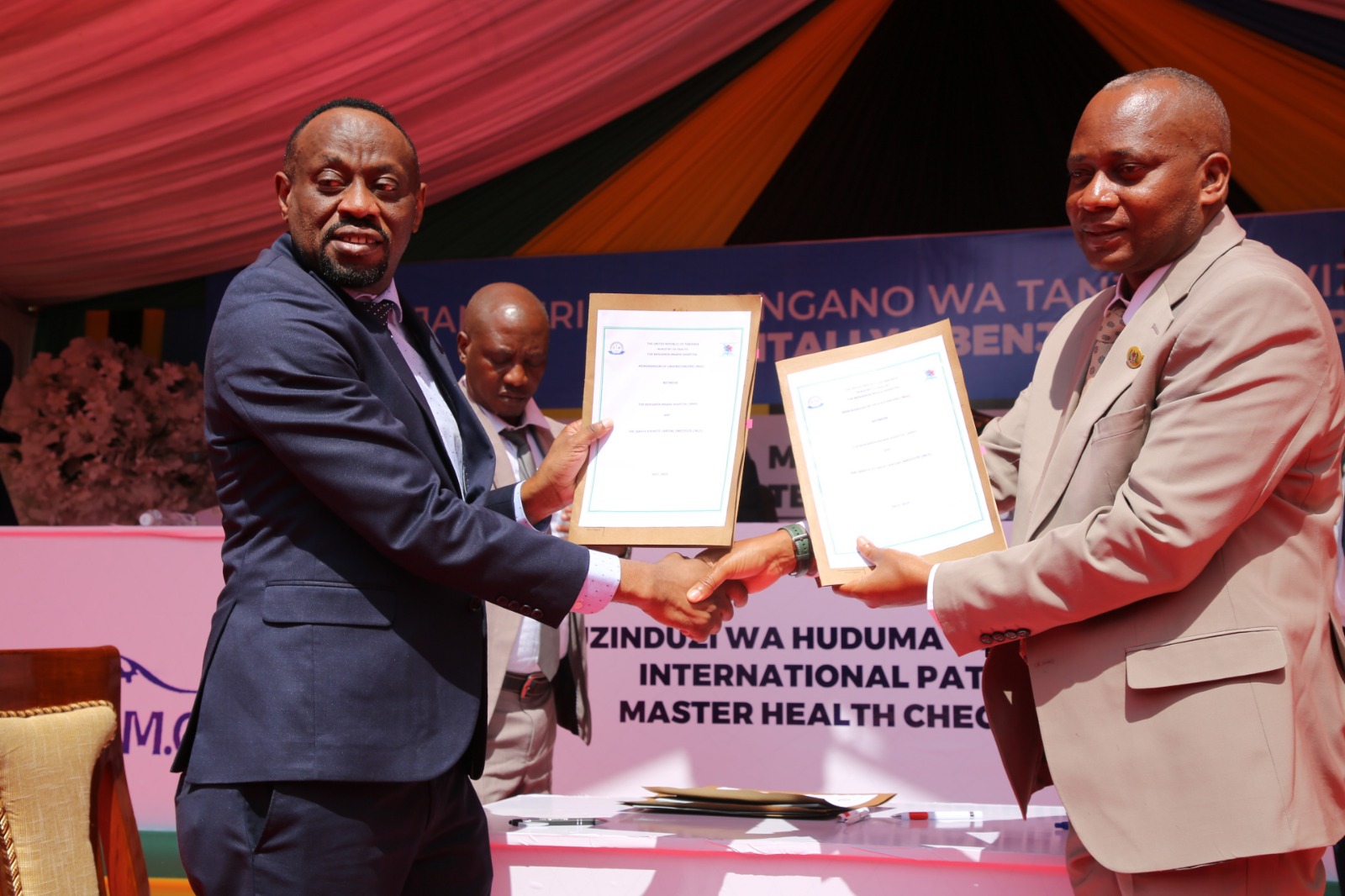Pastoralists thank President Samia for subsidised livestock vaccines
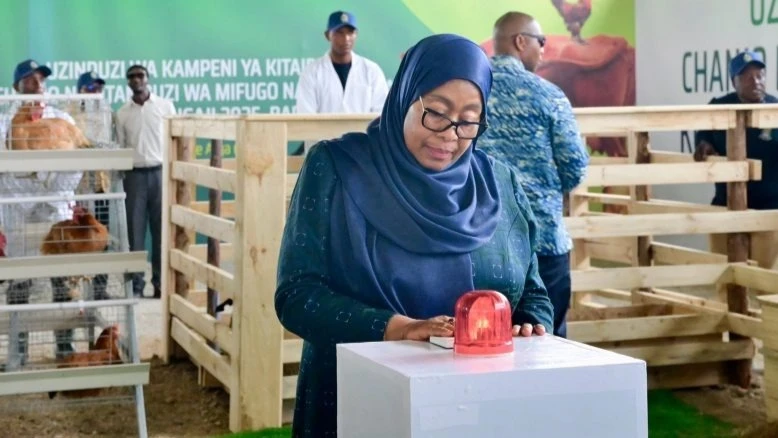
THE Tanzania Pastoralists Association (CCWT) has praised President Samia Suluhu Hassan for introducing subsidised livestock vaccinations, a move they say will revolutionise animal health, improve market access, and raise household incomes in rural communities.
The remarks were made at the weekend during the ongoing National Livestock Vaccination and identification campaign, which was officially in Bariadi District, Simiyu Region, and is being implemented across the country by the Ministry of Livestock and Fisheries.
Speaking during a campaign event in Bunda District, Mara Region, CCWT chairman of Mrida Mushota, expressed heartfelt thanks to the head of state for her decisive intervention.
“Before this subsidy, a single dose of cattle vaccine cost TSh 17,000. Today, we pay just 500/-, while goats and sheep are vaccinated for 300/-, and chickens for free. On top of this, a modern dipping tank worth 28m/- has been installed in our village. We sincerely thank President Samia,” Mushota said.
Joseph Sadera, chairman of the Pastoralists Association in Longido District, also thanked the government for the vaccine subsidies. He noted that this initiative has motivated them to adopt modern livestock farming practices and improve their livelihoods through the livestock and animal product markets they will access after vaccinating their animals.
Similarly, the chairman of Traditional Leaders in Ngorongoro District and CCWT vice chairman- northern zone, stated that President Samia has shown great affection for pastoralists by providing vaccine subsidies.
He affirmed that they have welcomed this initiative wholeheartedly and pledged continued cooperation with her to ensure the livestock sector makes a significant contribution to individuals and the nation as a whole.
Mariam Ng'hwani, director of Union Meat factory, explained how the campaign will help increase the value of the meat processed at their facility. She stated that livestock vaccination and identification will boost confidence in their products within the international market.
“I was a judge in Seychelles, but after seeing the friendly investment environment in the livestock sector created by the President of the United Republic of Tanzania, I decided to return to the country and invest. Through this livestock vaccination and identification campaign, the value of the meat we process has already increased,” she said.
Earlier, while speaking during the campaign's implementation in Arusha Region, the Minister of Livestock and Fisheries, Hon. Dr. Ashatu Kijaji, urged all pastoralists in the country to seize the opportunity provided by President Samia through the half-price subsidy for cattle, goats, and sheep, and free vaccination for local chickens. She also encouraged all livestock experts to leave their offices and go into the field to address the challenges faced by pastoralists.
Dr. Kijaji further explained that since President Samia took office and fostered economic diplomacy, meat exports have increased to 14,000 tons. She stated that the government's goal is to reach 50,000 tons by 2030.
Furthermore, Dr. Kijaji elaborated that the government decided to conduct this campaign to enable the country to sell livestock and their products in foreign markets, which were previously inaccessible due to a lack of certification for the safety of livestock and their products. She noted that Egypt and the United Arab Emirates are already ready to start purchasing live animals due to these efforts.
Since the official launch of the national livestock vaccination and identification campaign on July 2, 2025, a total of no less than 326,000 livestock have already been vaccinated and identified. The campaign aims to vaccinate approximately 19 million cattle, 17 million goats and sheep, and 40 million chickens. The vaccination campaign specifically targets preventing cattle lung diseases, goat and sheep plague, and for chickens, avian influenza, Newcastle disease, and fowlpox.
Top Headlines
© 2025 IPPMEDIA.COM. ALL RIGHTS RESERVED











